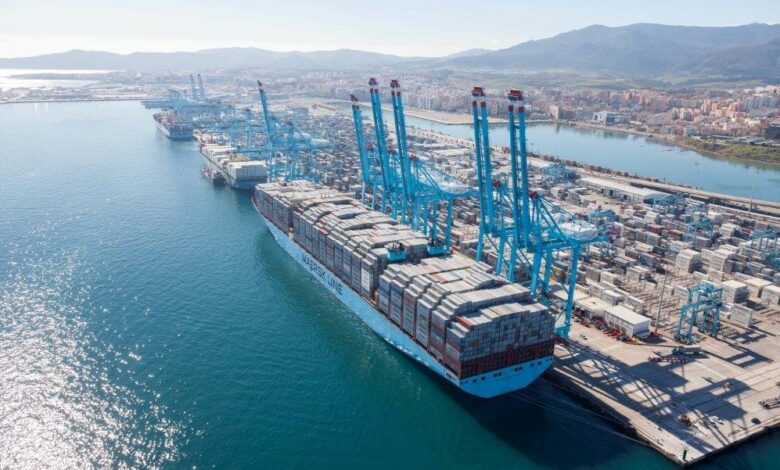Industry warns over ports call evasion of EU ETS

The European Tugowners Association (ETA) has called on the European Commission to prevent cargo diversion from EU ports and carbon leakage which could possibly occur due to the Emissions Trading System (ETS) introduction.
ETA said that there was a risk of cargo diversion due to ETS inclusion in shipping which is coming into force next January. According to the Association, this directly affects the competitiveness of European ports and the entire supply chain related to these ports.
“ETA supports the inclusion of shipping in the ETS but has already warned about the undesired effects that its implementation might cause in specific ports close to third states that are not covered by the European emissions legislation,” the Association said in a statement.
ETS covers 100% of emissions from intra-European Economic Area voyages – EU plus Norway, Iceland, and Lichtenstein – 100% of emissions at berth in EEA ports, 50% of emissions from ships departing from an EEA port to a third party one or arriving to an EEA terminal from a port outside its jurisdiction.
There is a risk of shipping companies avoiding costs derived from the ETS by changing the order of port calls, so the main part of the voyage is done between two non-EEA ports and reconfiguring the routes, making non-EEA terminals transhipment ports and thus, diverting much of the traffic that feeds the major European terminals.
Since the ETS system was announced, industry players and experts noted the possibility of cargo diversion from European ports to nearby non-European ports. They predicted a reduction of the transhipment business with ships of Asian and American flags choosing to dock at other non-European ports such as Tanger Med in Morocco, East Port Said in Egypt, and Tekirdag Asyaport in Turkey.
The port authority of Valencia has already requested that the EU add these ports to the list of ports to be monitored to avoid carbon leakage and imposition of environmental taxes on vessels stopping there. Along with Valencia’s port authority, the Federation of European Private Port Operators (FEPORT) gave its opinion in a consultation in mid-September regarding the draft of implementing regulations identifying neighbouring container transhipment ports.
The EU Commission is addressing this issue with the ETS transhipment clause, which was introduced in the legislation to limit the risks of carbon leakage. This clause allows the EU authorities to disregard a stop in the identified terminal as a port call for the purposes of the ETS Directive, if the terminal is located less than 300 nautical miles from an EEA port and if the share of transhipped containers exceeds 65% of its entire traffic.
“In line with this, ETA fully supports the inclusion of Tanger Med and East Port Said in the list of neighbouring container transhipment ports as they match the clause´s conditions and otherwise, these ports could gain a competitive advantage that would have a negative impact on European terminals,” the Association stated.
ETA also warned that there were already signs that indicate that this maritime traffic diversion was already taking place, not only at Tanger Med and East Port Said but in other ports as well.
ETA stated that it fully supported the concerns expressed by FEPORT and strongly supported the call for the European Commission to constantly monitor the implementation of the ETS, ensure no circumvention of the EU legislation, and stop carbon leakage and the loss of competitiveness of European terminals and ports, and of port services.
